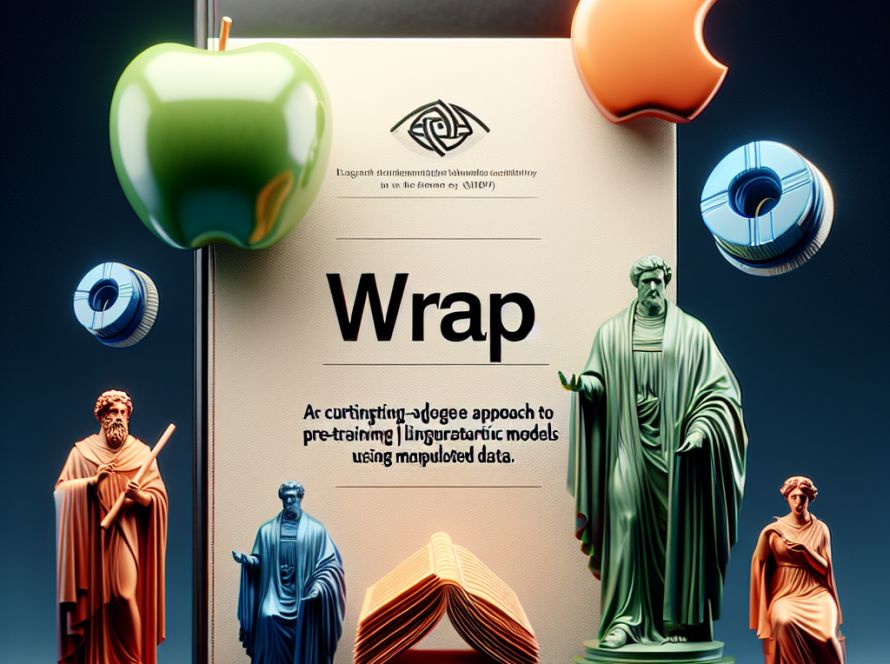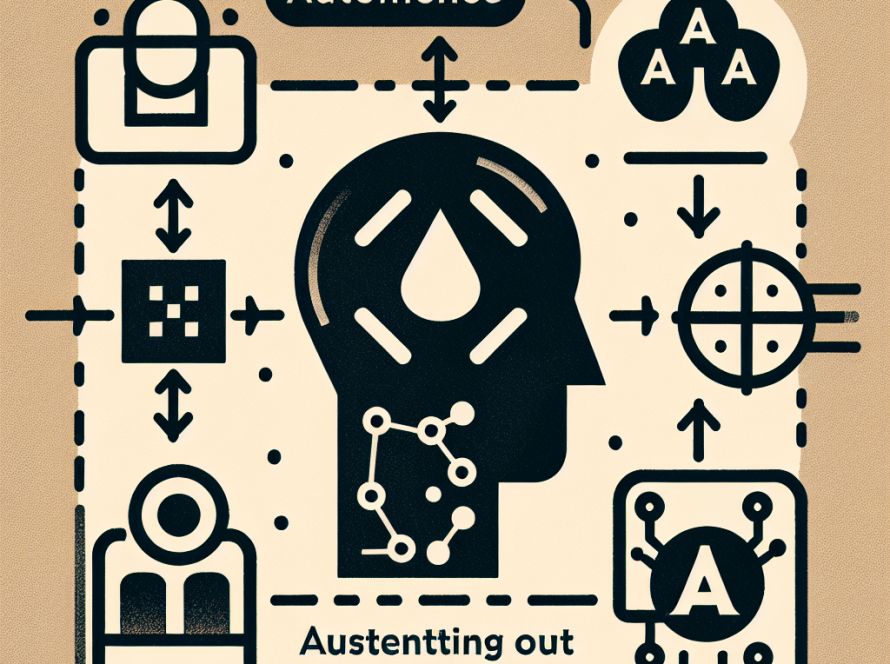2023 was a wild and exciting year for artificial intelligence – a year of unprecedented growth and development. But, with this growth comes a new set of challenges and opportunities. As AI continues to evolve, copyright law is becoming an increasingly important factor in its development.
The legal implications of generative AI are far-reaching and are being closely monitored by tech giants like Microsoft, Meta Platforms and Midjourney. Writers, artists, copyright holders and even lawyers are filing lawsuits that could have a major impact on the AI industry.
One of the core issues revolves around web scraping, which is the practice of collecting data from the internet in order to train AI systems. Authors like John Grisham, George R.R. Martin, Sarah Silverman, and Mike Huckabee, as well as organizations like Getty Images and the New York Times, are claiming that AI’s success is rooted in the unauthorized use of their work.
Courts have been skeptical of these claims, with one case being dismissed but later resubmitted with additional artists added to the complaint. But, the UK Supreme Court recently ruled that AI can’t be registered as an inventor for patents, and a Chinese court said AI-generated art was copyrightable.
Tech companies are concerned that these lawsuits could pose significant barriers to AI development. They argue that their AI training methods fall under “fair use” of copyrighted material, which is similar to using someone else’s work to create a textbook or encyclopedia.
However, Andreessen Horowitz, a Silicon Valley venture capital firm, expressed grave concern about the potential impact of these lawsuits on AI development. They stated, “Imposing the cost of actual or potential copyright liability on the creators of AI models will either kill or significantly hamper their development.”
Copyright owners also argue the financial success of AI programs like OpenAI’s ChatGPT and suggest tech companies must afford licensing fees. The Authors Guild recently said, “Licensing the copyrighted materials to train their LLMs may be expensive – and indeed it should be given the enormous part of the value of any LLM that is attributable to professionally created texts.”
The decisions made in these cases could have a huge impact on the future of AI development. As we move into 2024, the excitement and anticipation of what’s to come is palpable. It’s a thrilling and potentially transformative time for the AI industry, and we can’t wait to see what the future holds!


